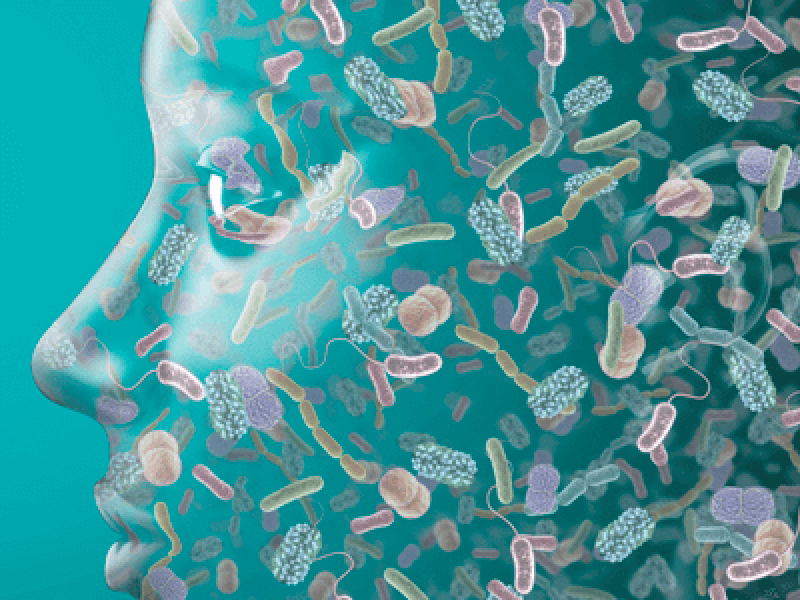You’re not completely human, at least when it comes to the genetic material inside your cells. You—and everyone else—may harbor as many as 145 genes that have jumped from bacteria, other single-celled organisms, and viruses and made themselves at home in the human genome. That’s the conclusion of a new study, which provides some of the broadest evidence yet that, throughout evolutionary history, genes from other branches of life have become part of animal cells.
“This means that the tree of life isn’t the stereotypical tree with perfectly branching lineages,” says biologist Alastair Crisp of the University of Cambridge in the United Kingdom, an author of the new paper. “In reality, it’s more like one of those Amazonian strangler figs where the roots are all tangled and crossing back across each other.”
Scientists knew that horizontal gene transfer—the movement of genetic information between organisms other than parent-to-offspring inheritance—is commonplace in bacteria and other simple eukaryotes. The process lets the organisms quickly share an antibiotic-resistance set of genes to adapt to an antibiotic, for instance. But whether genes have been horizontally transferred into higher organisms—like primates—has been disputed. Like in bacteria, it’s been proposed that animal cells could integrate foreign genetic material that’s introduced as small fragments of DNA or carried into cells by viruses. But proving that a bit of DNA in the human genome originally came from another organism is tricky.
Read full, original article: Humans may harbor more than 100 genes from other organisms































